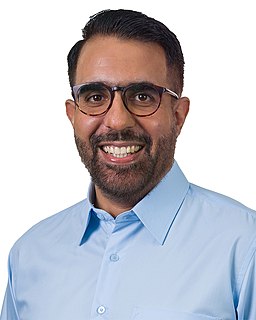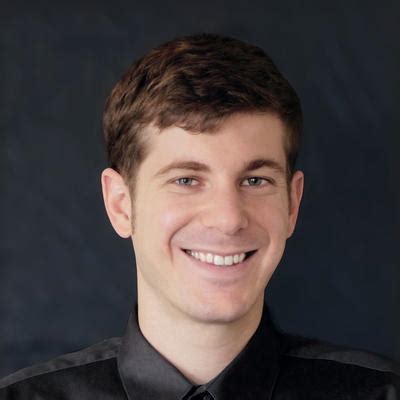A Quote by Pritam Singh
We've lived with the PAP all our lives, and we know how powerful they are.
Related Quotes
You can make the argument that there's no such thing as the past. Nobody lived in the past. They lived in the present. It is their present, not our present, and they don't know how it's going to come out. They weren't just like we are because they lived in that very different time. You can't understand them if you don't understand how they perceived reality.
I have now lived long enough to know that, whatever our situation, our troubles melt and disappear like frost in the morning sun when we dwell upon our blessings rather than our disappointments. No matter how pessimistic one's view may become of the times and the seasons, we can always fall back on special friendship, on faithful, personal love, and on simple, true dealings in our own personal lives.
Public lives are lived out on the job and in the marketplace, where certain rules, conventions, laws, and social customs keep most of us in line. Private lives are lived out in the presence of family, friends, and neighbors who must be considered and respected even though the rules and proscriptions are looser than what's allowed in public. But in our secret lives, inside our own heads, almost anything goes.
But how to know the falsity of death? How can we know there is no death? Until we know that, our fear of death will not go either. Until we know the falsity of death, our lives will remain false. As long as there is fear of death, there cannot be authentic life. As long as we tremble with the fear of death, we cannot summon the capacity to live our lives. One can live only when the shadow of death has disappeared forever. How can a frightened and trembling mind live? And when death seems to be approaching every second, how is it possible to live? How can we live?
Our struggle to put first things first can be characterized by the contrast between two powerful tools that direct us: the clock and the compass. The clock represents our commitments, appointments, schedules, goals, activities - what we do with, and how we manage our time. The compass represents our vision, values, principles, mission, conscience, direction - what we feel is important and how we lead our lives. In an effort to close the gap between the clock and the compass in our lives, many of us turn to the field of "time management."


































